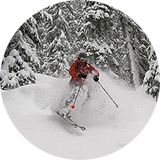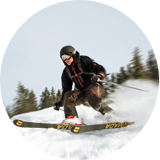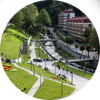ABOUT GEORGIA - Music
PRACTICAL INFORMATION
string instruments
chonguri, panduri, chianuri, changi
Georgia has a wonderful and highly distinctive traditions of polyphonic singing. Apart from lullabies, the songs are usually sung by men, in trios or larger groups.
Georgia is one of the few places where the ancient Pythagorean scale and system of tuning has survived, and the "well-tempered" Western tuning has had minimal influence.
 |
 |
| Capital and largest city |
Tbilisi | |
|---|---|---|
| Official languages | Georgian | |
| Spoken languages | 71% Georgian 9% Russian 7% Armenian 6% Azerbaijani 7% other |
|
| Ethnic groups (2002) | 83.8% Georgian 6.5% Azerbaijani 5.7% Armenian 1.5% Russian 2.5% others |
|
| Demonym | Georgian | |
| Government | Unitary semi-presidential republic | |
| Legislature | Parliament | |
| Area | 69,700 km2 (120th) 26,911 sq mi |
|
| Population (2014) | 4,935,880 (119th) | |
| Currency | Lari (GEL) | |
| Time zone | GET (UTC+4) | |
| Drives on the | right | |
| Calling code | +995 | |
| ISO 3166 code | GE | |
| Internet TLD | .ge | |






























































